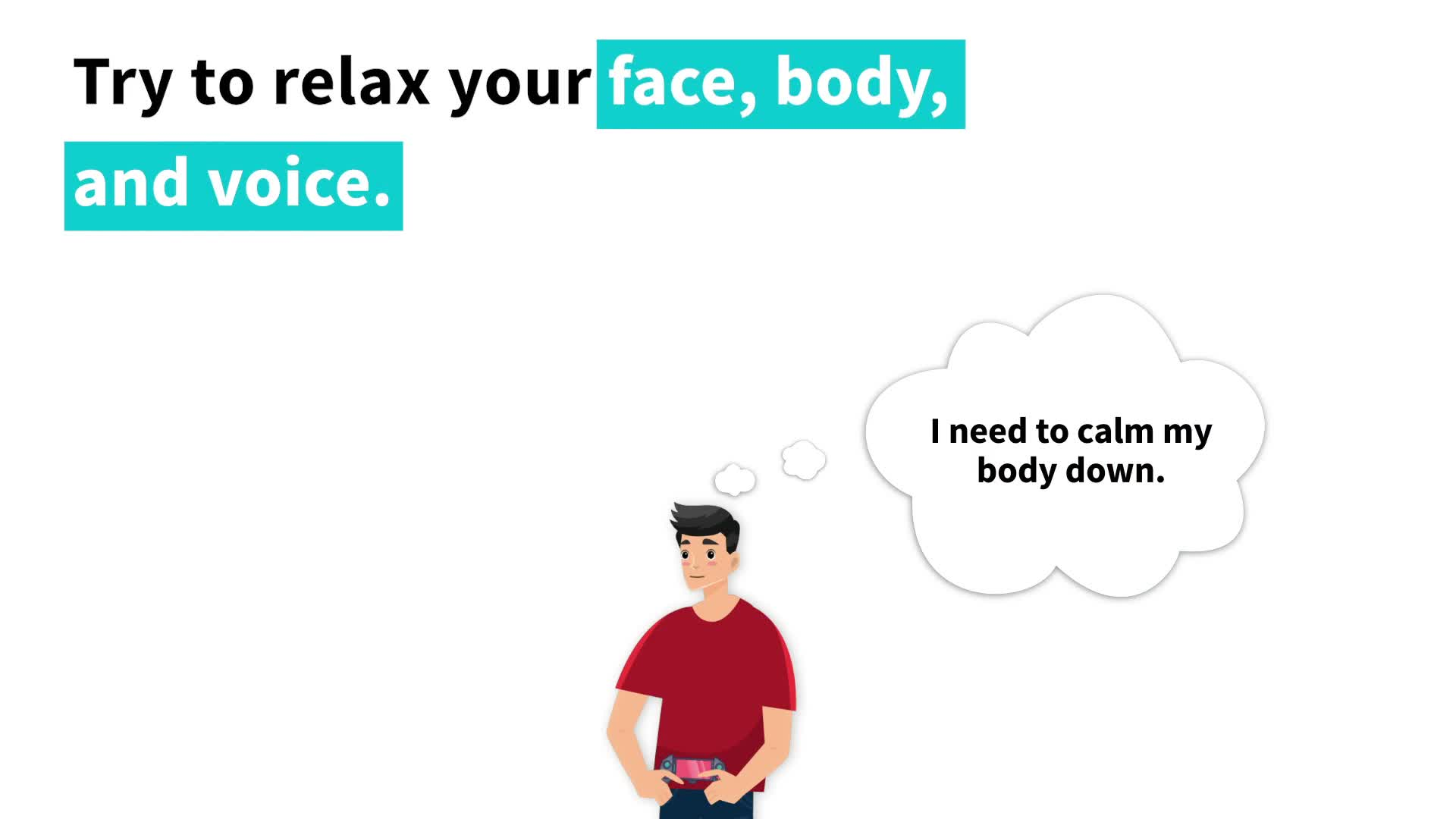
Introduction
Change is an inevitable part of life, and it’s crucial for students to develop the ability to adapt to changes in their plans. This can be especially challenging for some students who may feel anxious or upset when confronted with unexpected situations. In this blog post, we will discuss an easy no-prep activity and provide discussion questions to help educators teach their students how to cope with changes in plans and develop strategies for staying calm and focused.
No-Prep Activity: Switching Tracks
Introduce the concept of “switching tracks” as a metaphor for adapting to changes in plans. Explain to students that sometimes, like a train, they have to switch to a new track or plan when faced with unexpected changes. This activity requires no preparation or materials, making it a simple yet effective way to help students understand the importance of adapting to change.
- Ask students to close their eyes and imagine they are a train traveling along a straight track.
- Tell them that sometimes, things change unexpectedly, and they need to switch to a new track.
- Ask them to imagine themselves staying calm and focused as they switch to the new track, using deep breaths and relaxation techniques.
- Have students open their eyes and discuss their experience with the group, sharing any strategies they used to stay calm during the change.
Discussion Questions
- What are some examples of changes in plans that you’ve experienced? How did they make you feel?
- Why is it important to stay calm and focused when faced with unexpected changes?
- What strategies can you use to help you adapt to changes in plans and stay calm during the process?
- How can you support your classmates when they’re struggling with changes in plans?
- Can you think of any situations where adapting to change has led to a positive outcome?
Related Skills
Besides adapting to changes in plans, there are other essential skills that students can benefit from in their social-emotional development. These include:
- Problem-solving: Learning how to approach challenges and find solutions.
- Resilience: Developing the ability to bounce back from setbacks and disappointments.
- Empathy: Understanding and sharing the feelings of others.
- Communication: Expressing thoughts and feelings effectively and listening to others.
Next Steps
To help your students continue developing their ability to adapt to changes in plans and other essential social-emotional skills, sign up for free samples of related materials at Everyday Speech. These resources will provide you with engaging activities and lessons to support your students’ growth and success.

